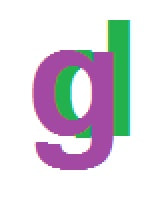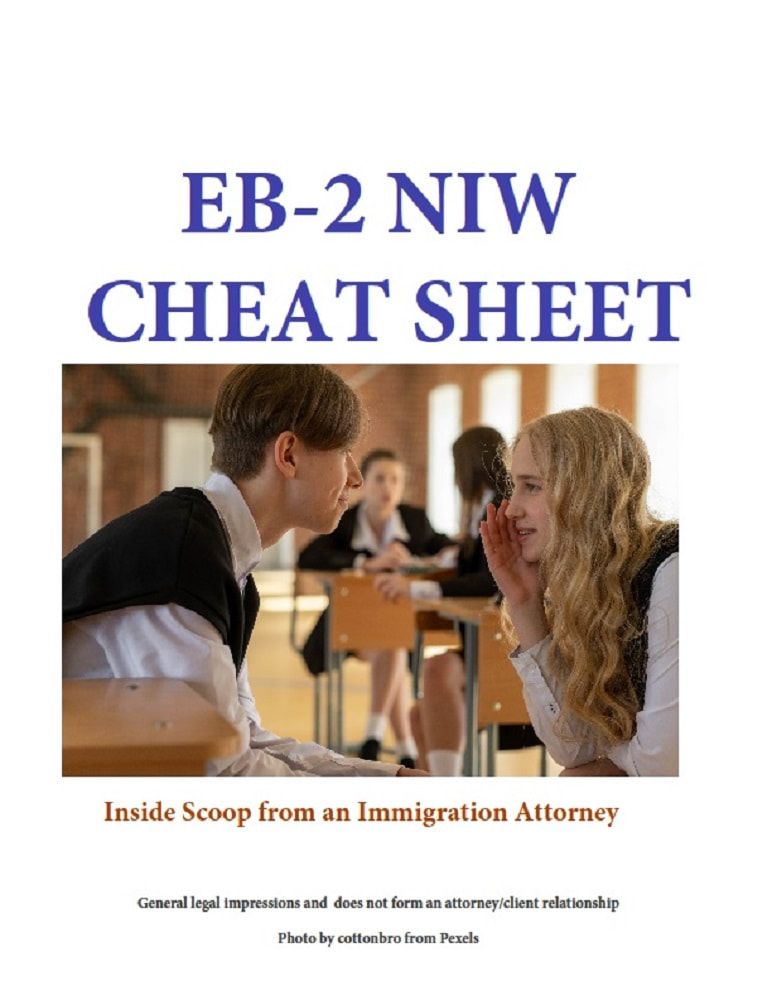 For a second-preference, employment-based green card, as indicated at Part 2, line 1h on the Form I-140, Petition for Alien Worker, to qualify for a national interest waiver (NIW) you must be someone who is a member of the profession holding an advanced degree or has exceptional ability. As you do not necessarily have to have a graduate degree or a Ph.D, because you can demonstrate for the United States Citizenship and Immigration Service (USCIS) that you have remarkable attributes that should warrant the grant of an EB-2 NIW green card. Notably, if you have both an advanced degree and exceptional ability, a USCIS adjudicator might be even more apt to approve your I-140 NIW petition. As the EB-2 NIW applicant does not have to have a job offer nor a labor certification, many immigration lawyers who are experienced with this type of green card generally encourage applicants to provide USCIS with as much evidence as possible to show that they are deserving of a national interest waiver. Evidence of Educational Credentials EB-2 NIW applicants can supply more than one form of documentation to evidence their educational credentials before USCIS. Evidence of Advanced Degree As stated on the USCIS webpage on the National Interest Waiver, you need to provide “an official academic record,” such as a diploma or a university transcript. If the advanced degree was earned at a foreign college, it can be prudent to obtain a foreign credential evaluation, so that it is clear to USCIS that the education is indeed postgraduate. For example, the master’s degree awarded by some foreign universities would be a bachelor’s degree in the United States. Although USCIS asks for the official academic record that shows the advanced degree for those who have one, many immigration attorneys like to attach documents for both the graduate and the undergraduate degrees. Proof of Undergraduate Degree Plus Experience Persons who have a U.S. bachelor’s degree, or foreign equivalent, can provide their diploma or transcript to USCIS, along with letters from current and former employers that show at least five years of progressive work experience in the field after earning the undergraduate diploma. Ideally, these letters should be printed on letterhead, written by someone in authority at the organization, and provide the foreign national’s title, dates of work, and job description. Having more than five years in the profession, and preferably ten years in the field, can also help to convince USCIS that a foreign national applicant has exceptional ability in the career, as well. Although the USCIS policy states that one can have either an advanced degree or exceptional ability, generally it helps to have both, since the Service will be waiving the requirement of a job offer and labor certification. Proving Exceptional Ability It is of note that, unlike the EB-1A extraordinary ability green card, with the EB-2 NIW, the regulations only ask for exceptional ability. So what is the difference? USCIS, as it states on the National Interest Waiver webpage, defines exceptional ability as “a degree of expertise significantly above that ordinarily encountered in the sciences, arts, or business.” Some immigration attorneys may describe this “degree of expertise” in an introductory paragraph on the EB-2 NIW applicant’s background. Others show this remarkable proficiency in the section of the petition letter that shows that they are well positioned to advance their proposed endeavor in the United States. |
Photos from shixart1985 (CC BY 2.0), themostinept, Cold, Indrid, Alexandre Dulaunoy, radkuch.13, Phillip Pessar, SchuminWeb, themostinept, EpicTop10.com, wuestenigel, DonkeyHotey, wwarby, hile, PEO, Assembled Chemical Weapons Alternatives, Aidan Jones, oliff11, Michael C. Rael, Unique Randomness, wuestenigel, Jonathan Rolande, wuestenigel, shixart1985, byzantiumbooks



 RSS Feed
RSS Feed




